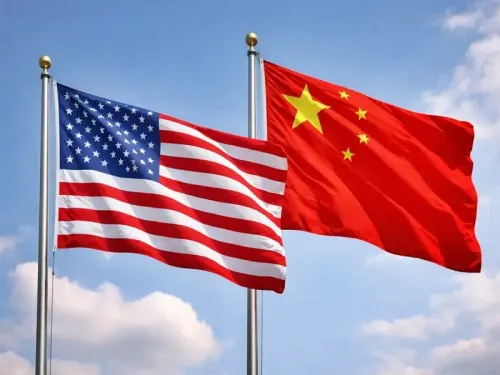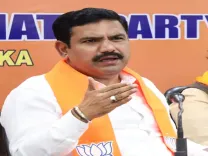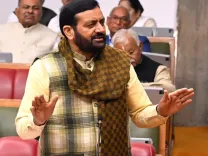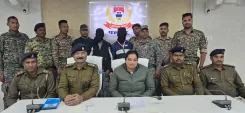How is Rwanda Reinforcing Its Commitment to Kiswahili Language?
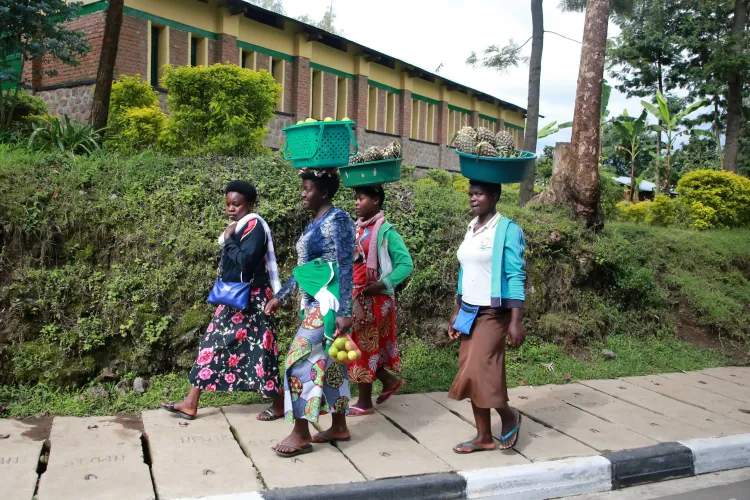
Synopsis
Key Takeaways
- Kiswahili is recognized as an official language in Rwanda since 2017.
- The initiative aims to strengthen African solidarity and fraternity.
- Youth empowerment and digital innovation are key focuses.
- The celebrations attracted over 300 participants, fostering community engagement.
- Strategies discussed include leveraging technology for language preservation.
Kigali, July 8 (NationPress) Rwanda has reiterated its dedication to advancing the Kiswahili language as part of the nation's strategy to enhance African unity and brotherhood.
"Rwanda acknowledges the significance of Kiswahili in fostering inclusive and equitable education. In 2017, our government decided to recognize Kiswahili as one of the official languages of the country, alongside Kinyarwanda, English, and French," stated Minister of State for Education Claudette Irere during the conclusion of the 4th World Kiswahili Language Day celebrations in Kigali, the capital of Rwanda, on Monday.
"This initiative was not merely symbolic. It was a strategic move to position Rwanda within the East African Community (EAC) and the wider African linguistic framework, while also reinforcing African unity and brotherhood," she added.
Caroline Asiimwe, Executive Secretary of the East African Kiswahili Commission, emphasized that the Kiswahili language is essential for the development of societies, nations, and the EAC region.
She highlighted the commission's focus on empowering the youth and fostering digital innovation, encouraging young individuals to embrace Kiswahili as a medium for entrepreneurship and peacebuilding, as reported by Xinhua news agency.
"Let’s create AI tools, dictionaries, and platforms in Kiswahili not just to safeguard the language but to empower the next generation of African innovators," Asiimwe stressed.
Co-hosted by Rwanda and the East African Kiswahili Commission, the two-day celebrations unfolded under the theme "Kiswahili, Inclusive Education and Sustainable Development" to discuss relevant policies, best practices, and stakeholder engagement.
The event attracted over 300 attendees, including high-ranking government officials, delegates from EAC partner states, academics, Kiswahili specialists, and university students.
The festivities included a regional symposium, youth engagement activities, and an exhibition. Participants examined how Kiswahili, artificial intelligence, and inclusive education can foster a culture of peace and spur innovative initiatives.



